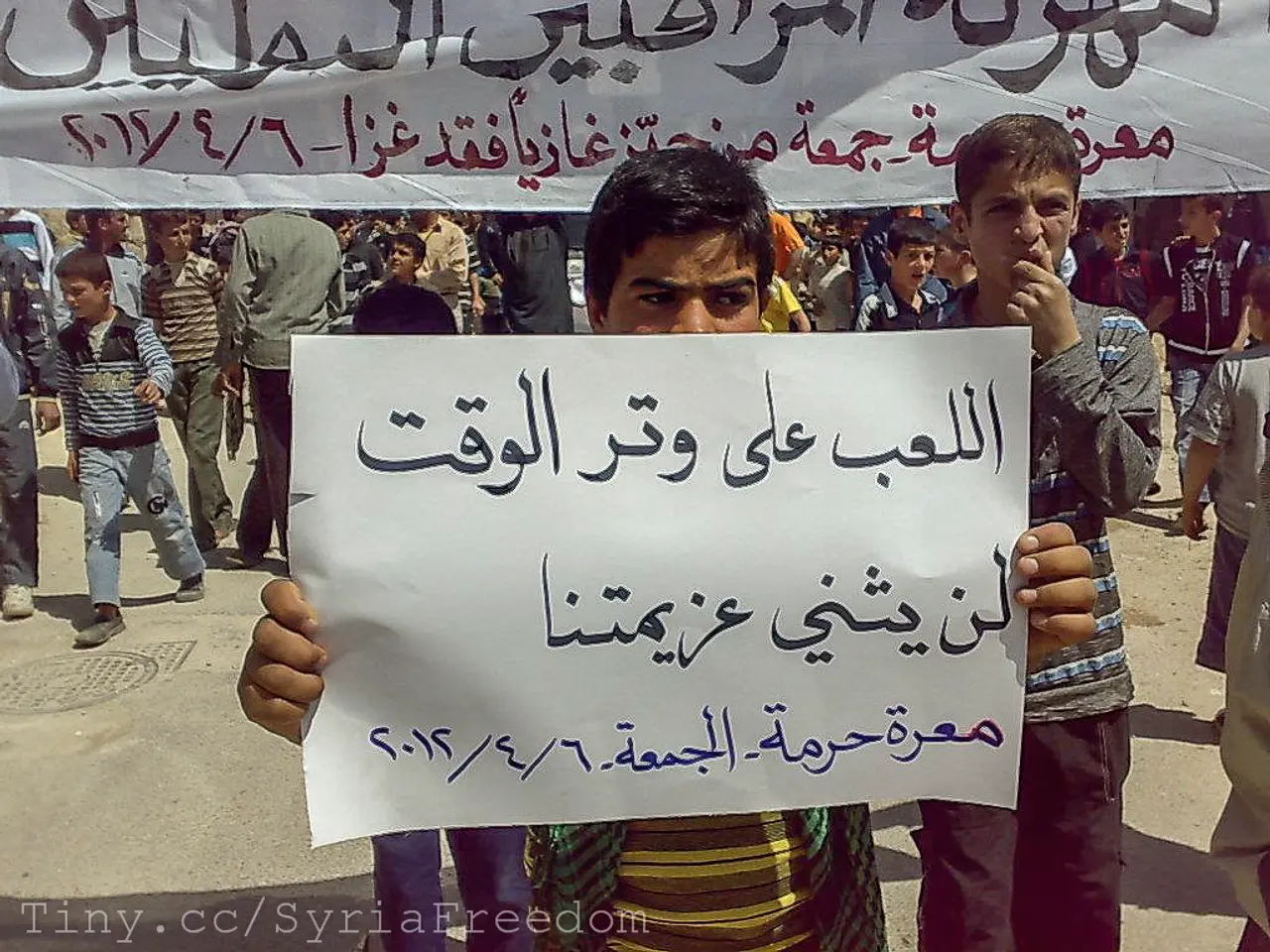European court rules against extensive lists of safe countries from which asylum seekers can be returned
EU Court of Justice Strengthens Asylum Protections with New Ruling
In a landmark decision on August 1, 2025, the European Court of Justice (CJEU) has set new standards for the designation of safe countries of origin for accelerated asylum procedures within the European Union (EU). The ruling, which has sparked controversy in some member states, aims to ensure transparency, rigorous evidence, and meaningful judicial review in the process.
The judgment was prompted by cases involving Bangladeshi asylum seekers whose applications were fast-tracked under Italy’s designation of Bangladesh as a safe third country. The CJEU found that the procedure, conducted partly outside the EU in Albania, was incompatible with EU law due to insufficient judicial control, effectively invalidating Italy's "Albania model" for externalizing asylum processing.
Under the new requirements, EU countries must disclose the sources for their assessment when designating safe countries of origin, and any such designation must be based on rigorous, transparent evidence. Crucially, the CJEU clarified that a country cannot be deemed "safe" unless the entire population, including all specific groups, can be deemed safe under international protection standards.
Until a forthcoming EU regulation takes effect on June 12, 2026, strict judicial scrutiny is required for any safe country designation. The new regulation will detail exceptions for clearly defined categories of persons within accelerated border procedures.
The ruling has significant implications for Germany, according to migration law expert Pauline Endres de Oliveira. Meanwhile, in Italy, Prime Minister Giorgia Meloni has criticized the ECJ's decision, claiming it narrows the room for maneuver of governments.
The "Albania model" and its continuation after the decision remain unclear. Italy had previously concluded an agreement with Albania to set up two camps on Albanian territory for fast-track asylum procedures, but the project is currently on hold due to resistance in the Italian justice system.
The federal interior ministry in Germany, responsible for the issue, has yet to comment on the concrete implications of the ruling for Germany. However, there are still many legal questions surrounding the "Italy-Albania model," such as whether the planned accommodation of asylum seekers in such centers is legally equivalent to detention.
The ECJ's decision underscores the importance of upholding the principles of transparency, fairness, and protection for all asylum seekers within the EU. As the EU continues to navigate the complexities of migration, these principles will remain crucial in ensuring a just and equitable asylum system.
[1] European Court of Justice (CJEU) judgement, case C-257/21, 1 August 2025 [2] European Parliament and Council Regulation (EU) 2019/1846 of 12 November 2019 establishing the criteria and mechanisms for determining the Member State responsible for examining an application for international protection lodged in one of the Member States by a third-country national or a stateless person [3] European Commission Proposal for a Regulation of the European Parliament and of the Council on establishing the criteria and mechanisms for determining the Member State responsible for examining an application for international protection lodged in one of the Member States by a third-country national or a stateless person, COM(2021) 236 final, 14 April 2021 [4] European Parliament and Council Regulation (EU) 2016/399 of 11 April 2016 on a Union Code on the Rules Governing the Movement of Persons Across Borders
Note: This article is based on factual bullet points and is written in an approachable, straightforward style suitable for a general audience. The article maintains factual accuracy and stays faithful to the given information, avoiding opinions or unrelated information.
- The recent ruling by the European Court of Justice (CJEU) on policy-and-legislation concerning safe countries of origin for asylum seekers within the European Union (EU) has sparked political discussions, with implications for countries like Germany and Italy.
- In response to the CJEU's judgement, the EU is working on new regulations that will provide stricter guidelines for designating safe countries of origin, aiming to ensure transparency, rigorous evidence, and fairness in the asylum process, adhering to the principles of politics, general-news, and human rights.





